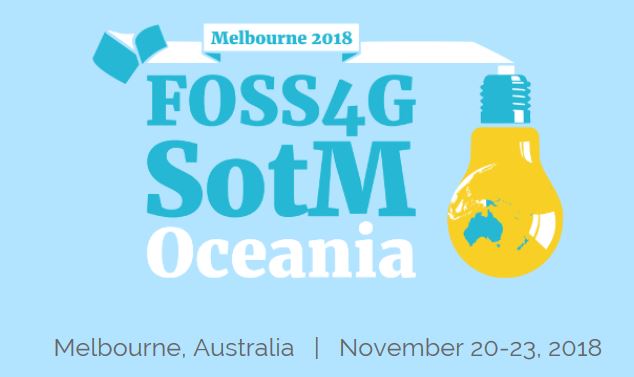GeoRabble returns to Melbourne on Thursday 22 November 2018 at The Clyde Hotel. Networking drinks start 5:30pm. Presentations commence: 6:00pm followed by more networking.
Grab yourself a free ticket and enjoy the night with friends sharing geospatial ideas, free of sales pitches and hidden agendas! Each presentation is light, relevant to geo-something and only 10 minutes long.
Speakers
Stephen Lead: Bootleaf, a lightweight web-mapping framework.
Bootleaf is an open-source web-mapping framework based on Bootstrap and Leaflet. This presentation shows how to get started with using this tool to create responsive web-mapping apps in minutes.
George Mifsud: Topographic mapping in the palm of your hands.
The Victorian State has been using spatial data to produce digital topographic maps for 15 years. Popular amongst recreational users, emergency services and government, these digital maps have only been available for access online. Now, for the first time, users can discover, access and download these topographic maps out in the field, even in remote locations, using a mobile mapping app.
Yashar Jamei: Analysing the relationship between spatial development patterns and urban heat island(UHI) phenomenon.
The multidisciplinary approach of this study combines the characteristics of GIS, Remote Sensing, landscape ecology and urban planning and has the potential to obtain new findings that will help urban planners in mitigating UHI effects.
Chris Roach & Jake Geddes: Telling a story with open source tech and time series web maps.
Chris and Jake were involved in a proof-of-concept exercise to research an endangered mammal species in Victoria, and to tell their story using open source software and time series web map visualisation. The presentation will look at the technical and data handling challenges along the way in this 4 day exercise.
Steve Pemerton: Improving Melbourne’s bus routes to meet real-life travel needs
Using GIS to test whether we’d achieve better public transport outcomes in Melbourne, for a real-life set of trip patterns, if we reconfigured our bus routes into a network of sparser but more direct and frequent services, in an intersecting grid.
David Garcia: Making crowd-sourced geographic information useful for humanitarian action and community development
If you have a great geospatial idea that you would like to share with a group of like-minded people, we want you for our next GeoRabble! Contact the GeoRabble committee to express your interesting topic in 20 words or less, or email your idea to melbourne@georabble.org
A very special thanks to our Sponsor FOSS4G SotM Oceania without whom we couldn’t run this event and provide food to everyone …

